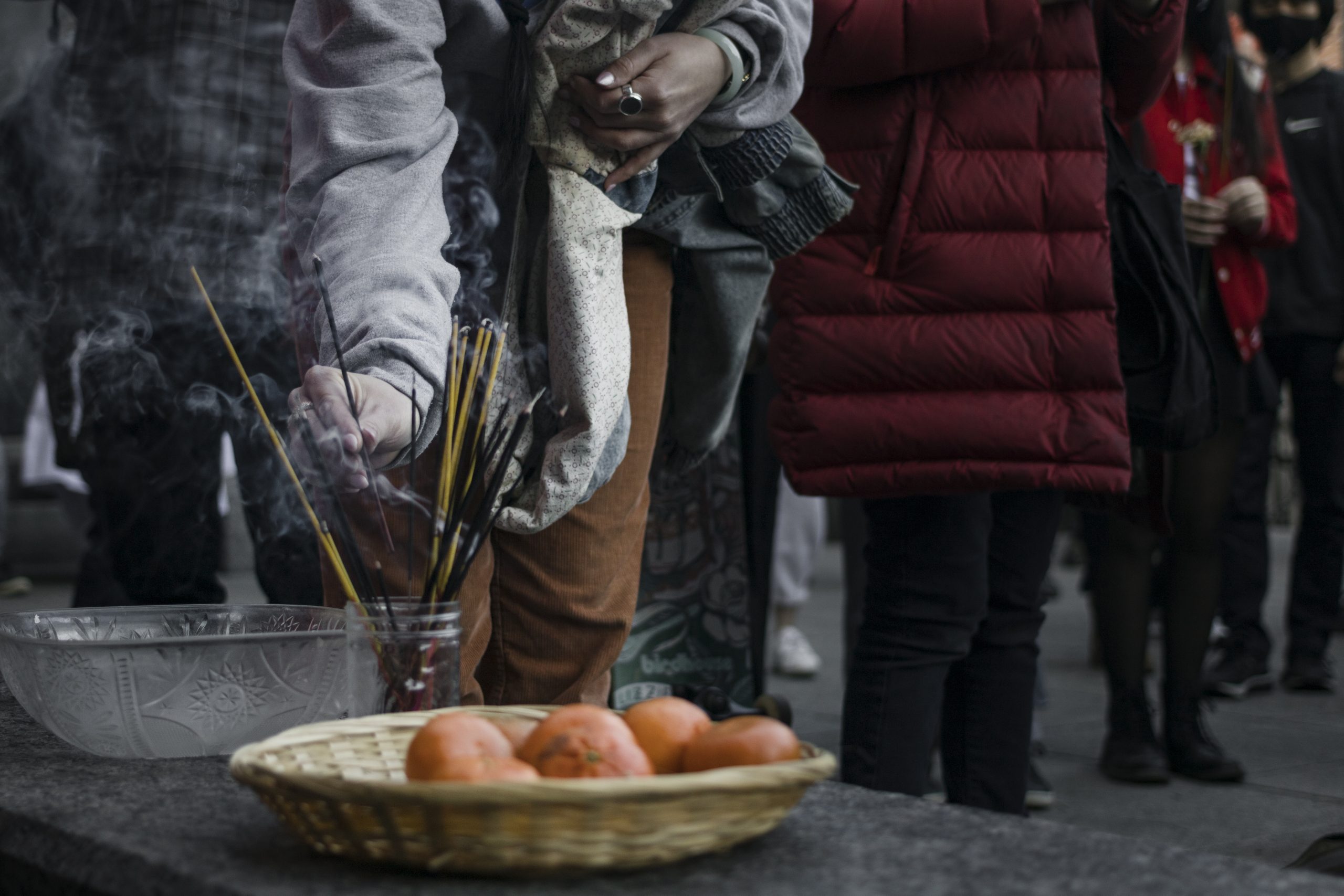Following a mass shooting in Atlanta that targeted Asian businesses, Canada reckons with its own anti-Asian racism problem
Spikes in anti-Asian hate crimes have been reported all around the world, including here in Canada. Anti-Asian racism has been present throughout the nation’s history, and this year, the Asian community reports racial violence is becoming increasingly aggressive, especially since the beginning of the COVID-19 pandemic.
A recent study outlined that over 1,150 incidents of anti-Asian racism were reported in Canada between March 2020 and February 2021. According to a report published by The Chinese Canadian National Council’s Toronto chapter (CCNCTO) and Fight COVID Racism, Vancouver has experienced up to a 700 per cent increase in anti-Asian hate crimes.
In Montreal, there were 30 hate crimes reported between March and December of 2020, up from just six reported in 2019. Last May, a man of Korean descent was stabbed in Notre-Dame-de-Grâce.
In September, two victims of Asian descent were killed in a double hit-and-run in Brossard. A 30-year-old man has since been arrested and charged with second degree murder.
Police insisted the hit-and-runs were not hate crimes, but failed to explain why. Both victims were of East Asian descent; Huiping Ding, 45, was Chinese, and Gérard Chong Soon Yuen, 50, was Korean.
This year on March 11, a man of Korean descent was walking in the Plateau when he was attacked with pepper spray in broad daylight. Initially, police were not investigating the incident as a hate crime, although the victim considered the incident to be one. However, following media coverage, the hate crimes squad was brought in to investigate. The victim, a man identified as Nicolas, detailed that while he was carrying “the latest iPhone, the latest Apple Watch, the latest iPad and MacBook Pro,” but his attackers made no effort to rob him.
Days later on March 16, breaking news of a mass shooting in Georgia reported eight dead, six of whom were Asian women. A 21-year-old white gunman targeted three separate Asian-owned spas in Acworth and Atlanta. The shootings sparked outrage among Asian communities across the U.S., with protests held in Atlanta and New York the same weekend.
In the wake of that tragedy, Montreal community leaders organized a march against anti-Asian racism on March 21. Organizers led thousands of supporters on a three kilometre march from Cabot Square to Chinatown, stopping at Quebec Premier François Legault’s office on Sherbrooke Street. Activists demanded acknowledgement of the sharp rise in anti-Asian sentiment within Quebec. Premier Legault continues to deny the existence of systemic racism in the province.
Speeches made by leaders of Montreal’s Asian community outlined Canada and Quebec’s own colonial and historically racist treatment of Asians. Cathy Wong, councillor of the Peter-McGill district, spoke passionately of the racist history that the Asian community has endured.
“We march in remembrance of our history, as racism against Asians did not begin yesterday. It was not born from the pandemic. We march in remembrance of our history because our history is coloured by racist laws that excluded the Chinese — targeting our great grandparents, despite building railroads in exchange for dreams of a new life,” Wong said to the crowd in French.
Among the speakers was part-time Concordia professor Jinyoung Kim, who identifies as Korean-Canadian. Four of the six Asian women who were killed in Atlanta were of Korean descent.
“[It became] an immediate reality for me and for my friends, my parents, and everyone I know with Asian bodies in North America,” she said, before describing the threat of violence against Asians in the last year. “It’s been a year of fighting for justice, and it feels like nothing has gotten better.”
“I feel deeply the traumas that my BIPOC students go through,” Kim said, speaking of her Studio Arts students at Concordia. “I have heard stories from my students.”
The Atlanta shootings have sparked conversations about the fetishization of Asian women, with many activists citing the gendered violence and racism that Asian women face. In a press conference held shortly after the shootings, law enforcement officials said that the gunman confessed to the shootings, but denied racial motivations behind the attacks. Instead, the shooter saw Asian women as “temptations that he had to eliminate,” that he had a “sex addiction,” and that it was a “bad day.”
Following the Atlanta shootings, Prime Minister Justin Trudeau released a statement saying, “While we have made progress toward a more just and equal society, more still needs to be done, and the Government of Canada remains committed to this work.”
On March 22, New Democratic Party Leader Jagmeet Singh introduced the Anti-Asian Hate motion, which passed in the House of Commons. The motion called for the federal government to “properly fund” hate crime units across Canada, and make efforts to “identify best practices in countering this trend.”
But Singh echoed the sentiments of many, tweeting in response, “Justin Trudeau needs to do more than offer words, he needs to act,” in order to combat anti-Asian violence.
Photographs by Christine Beaudoin
